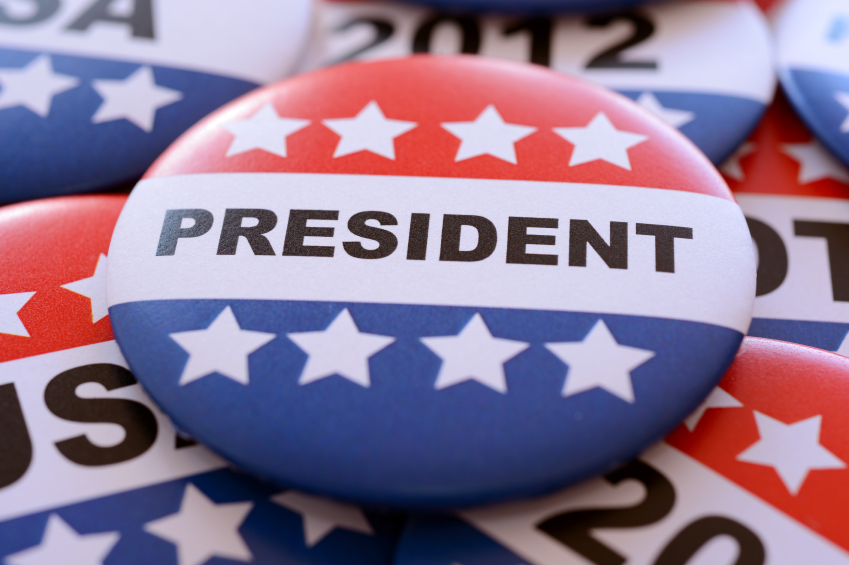By Bud Clark, Managing Broker at Willis Allen Real Estate
 With the 2016 Presidential election being such a hot topic right now, everyone’s buzzing about what influence the election will have on the U.S. economy, consumer spending and yes, the real estate market. Yet, in reality, a closer look suggests something quite different is taking place, a textbook example of cause and effect: real estate activity tends to reflect the health of the U.S. economy, and more importantly, consumer confidence.
With the 2016 Presidential election being such a hot topic right now, everyone’s buzzing about what influence the election will have on the U.S. economy, consumer spending and yes, the real estate market. Yet, in reality, a closer look suggests something quite different is taking place, a textbook example of cause and effect: real estate activity tends to reflect the health of the U.S. economy, and more importantly, consumer confidence.
I believe it’s just a question of connecting the dots. Presidential elections, and mostly all elections, mirror the underlying tone of the U.S. economy and ultimately the mood of voters or today's consumers. The enigmatic James Carville, consultant to presidential hopeful Bill Clinton in 1992's presidential election, said it best when he observed that "it's the economy, stupid.” Clinton took it to heart and went on to unseat sitting president George W. H. Bush as a “weakened U.S. economy” struggled to recover from its most recent albeit brief recession triggered in part by a “loss of consumer confidence.” This was a stark reminder that consumer spending accounts for two-thirds of U.S. economic activity and further acknowledgement that voters do indeed vote with their pocketbooks.
In a robust economy, voters tend to be optimistic and confident which nurtures increased consumer spending along with renewed enthusiasm for real estate. Homeowners - together with would-be homeowners - eagerly enter the real estate market with a vision of participating in the American Dream, driving up property values while returning politicians of all stripes back to office.
Conversely, in an anemic economy characterized by low economic growth, high unemployment and stagnant wages, consumer confidence plummets exerting downward pressure on consumer spending and in the process homeownership and prices.
A roadmap to November 2016 and beyond might suggest slowing down to consider the following:
Sellers seldom have the same goal and even then it's not always price or money in the bank that matters. Recognize that sellers have diverse reasons for selling: job change, family expansion, trade up, martial changes, or perhaps health or a child's special education needs. So election year or not, economy up or down, a need to sell may exist with a call for action (and perhaps an urgent one at that). Hold out for the highest price or settle for the best price and move on.
On the other hand, surprisingly, buyers seem to be cut from a similar cloth. Most purchases are discretionary yet with different timing and motivation, which suggests no urgency in pursuing goals such as trading up, adding another bedroom, realizing that renting doesn't pencil out anymore, and of course the HNWIs (high net-worth individuals) who want that oceanfront after all. Timing is everything and election-time isn’t really primetime. It’s not really a factor; remember, “it’s the economy stupid.”
So how will 2016's Election Day Tuesday play out? I think we'll just have to wait for November 8th when the Electoral College casts the deciding votes for the 58th quadrennial U.S. presidential election. But I’m guessing you might take a peek at the latest consumer confidence report for clues, or better still, your own pocketbook.







